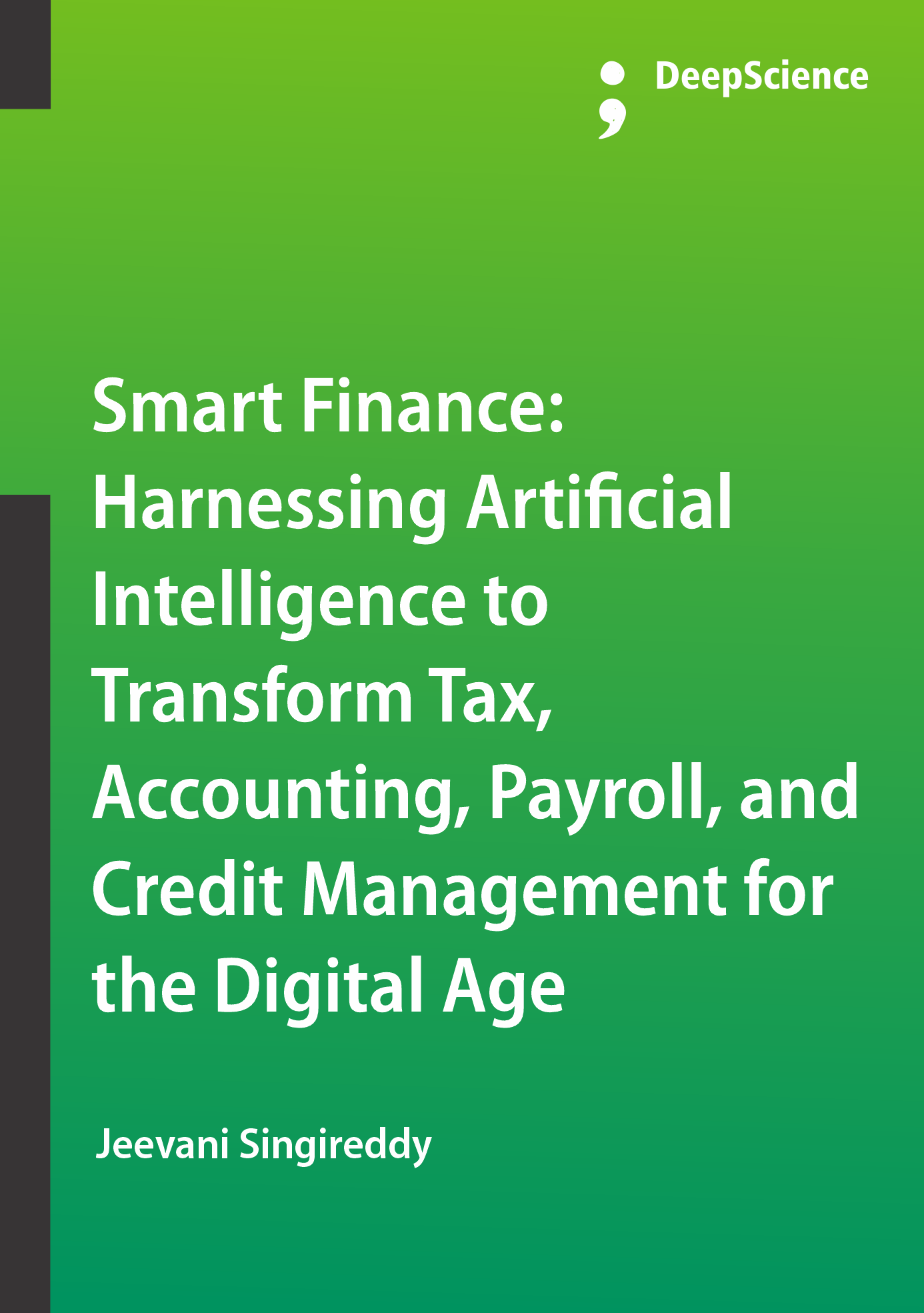From ledgers to learning machines: The evolution of bookkeeping and accounting through artificial intelligence automation
Synopsis
The accounting discipline arose from the efforts of merchants to keep track of their property or estate and the adoption and further development of bookkeeping records in the West. It rose from single-entry bookkeeping practiced in Mesopotamia to modern double-entry accounting . Over the years, the profession has expanded to cover various activities including financial accounting, tax planning and compliance, management accounting, auditing, and the wide array of related consulting services. It has a rich tradition based on its diverse knowledge base and the professional services offered to companies, financial institutions, governments, and individual clients. Accounting regulation enables a wide range of industries, including the stock and bond markets, banking and insurance, the actuarial profession, and product quality controls and auditing. It has established standards and procedures to promote consistency and fairness. Control and sacristy professionals provide policing, investigative, and law enforcement services to companies, institutions, and governments. The disruptive technology known as Artificial Intelligence (AI) can be as valuable and revolutionary to the accounting profession as it has been for various businesses and social institutions. The projected impacts of AI on the profession and practice environment are immense. Artificial intelligence is becoming part of many accounting and auditing systems. AI can assist in the evaluation of large data sets. By understanding and evaluating data, accounting and auditing services can result in far-reaching and dramatic impacts. . With large data sets, it is difficult to establish generalities and consistency. This also makes data evaluation very time consuming. For various reasons, large data sets are not yet popular. A shift in the impact category from “incremental” to “transformational” patterns has also been considered. Data capture and processing technologies are implemented. They are most effective with standard and delineated data.Cloud services emerged, enabling seamless sharing of experiences, understanding, and thus knowledge within corporations that delocalized manual labor. As computers became essential, nothing came less than formatted data was accepted, putting pressure on businesses to realize automation, whereas, without data and software understanding, digitalization was reckoned an unproven leap of faith, making companies from heavy industries to bookkeeping offices heavily scrutinize risk. Bookkeeping firms transformed into accounting firms, where added value was given to clients by delivering business analysis and forecasting by exploring the information systems. Understanding the opportunities and potential of technology remained vital when looking for a competitive advantage.












